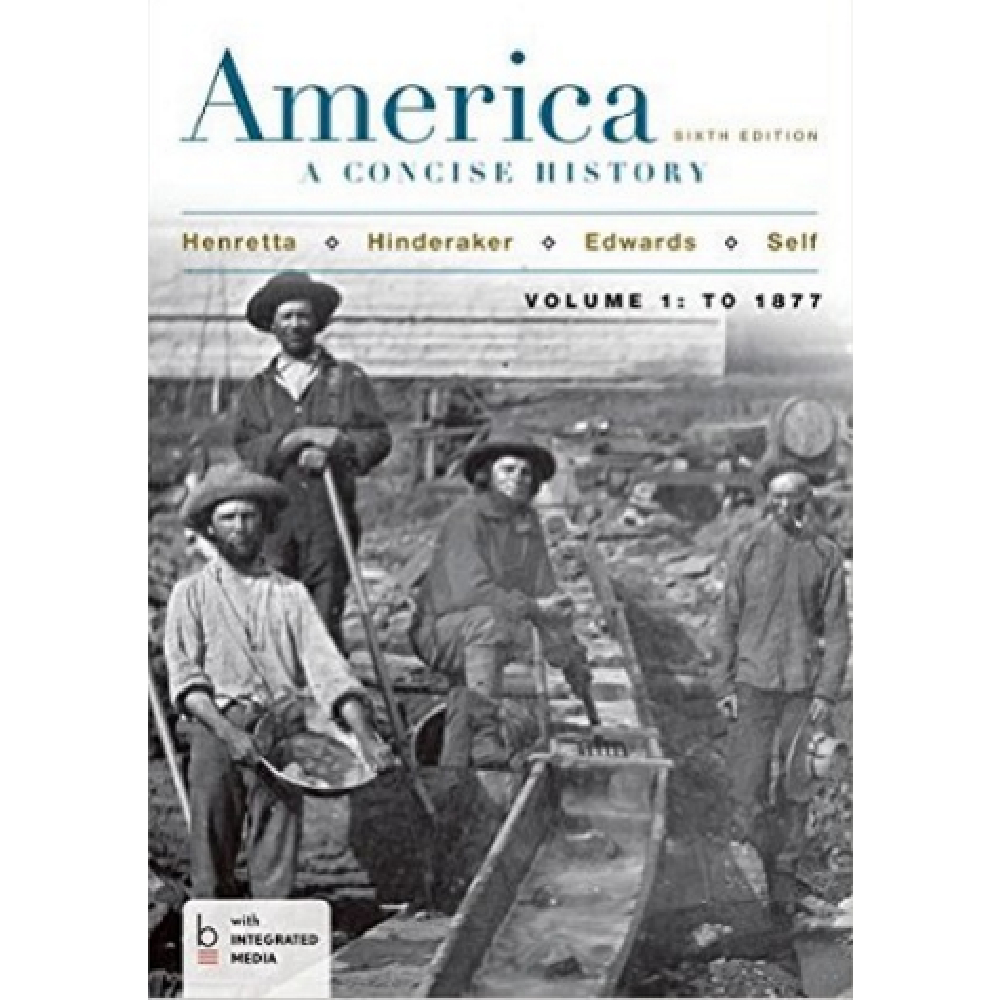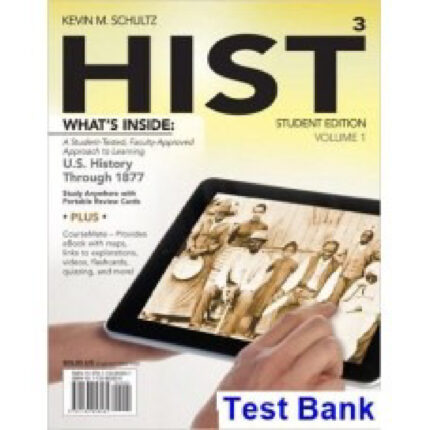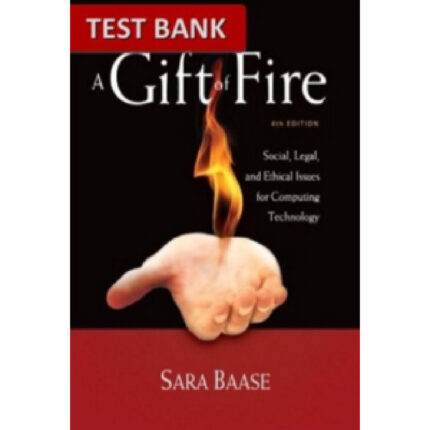Choose the letter of the best answer.
1. Which of the following was the critical catalyst for antebellum reform movements?
A) National government initiatives
B) The Second Great Awakening
C) State government initiatives
D) Industrialization
2. What did Alexis de Tocqueville mean when he used the term individualism to describe American society in 1835?
A) Americans lived in social isolation, without any ties to caste, class, association, or family.
B) Americans valued and respected differing views on political topics.
C) The American people welcomed all types of immigrants, regardless of ethnicity or religion.
D) Most Americans were uninfluenced by political parties and did not vote by party lines.
3. The philosophy that people could gain mystical knowledge and harmony beyond the world of the senses is known as which of the following?
A) Individualism
B) The cult of domesticity
C) Utopianism
D) Transcendentalism
4. Ralph Waldo Emerson wrote about which of the following in his essays and lectures?
A) He rejected traditional Biblical teachings and promoted atheism.
B) He argued that people should reject old conventions and discover their original relation with nature.
C) He defended traditional Calvinist theology, which had been challenged by the Second Great Awakening.
D) He suggested that science and technology would lead humankind into a new era of enlightenment.
5. What did Ralph Waldo Emerson believe would promote an individual’s mystical union with God and achievement of self-realization?
A) Hard physical labor
B) Intensive, solitary study
C) Spending time alone in nature
D) Sexual intimacy
6. The American Lyceum movement of the 1830s engaged in which of the following efforts?
A) Promoting the spread of knowledge through public lectures
B) Advocating social nonconformity and civil disobedience
C) Ending the era of utopian communal experiments
D) Encouraging mob violence like the violence that killed Joseph Smith
7. Which of the following statements about Emerson is correct?
A) He was a Unitarian minister who eventually rejected organized religion.
B) His view of individualism promoted hard work and indulgent consumption.
C) He resigned his pulpit due to his fear of public speaking.
D) Emerson’s influence was briefly intense, but it did not stand the test of time.
8. Which of the following describes the purpose of Henry David Thoreau’s book Walden?
A) It was written to document Walden’s spiritual search for meaning beyond the artificiality of “civilized” life.
B) It was intended to serve as a guidebook for others who wanted to learn how to survive alone in the woods.
C) The book sought to advise farmers on practical matters that would increase the profitability of small farms.
D) It warned of the dangers that could arise from too many efforts to promote and create social reform.
9. Which of the following qualities did Henry David Thoreau urge in his readers, as demonstrated by the statement, “If a man does not keep pace with his companions, perhaps it is because he hears a different drummer”?
A) Stubbornness
B) Individuality
C) Musicality
D) Expressiveness
10. Henry David Thoreau, Margaret Fuller, and Ralph Waldo Emerson were well known for their involvement in which of the following movements?
A) Temperance
B) Prison reform
C) Educational reform
D) Transcendentalism
Answer Key
1. B
2. A
3. D
4. B
5. C
6. A
7. A
8. A
9. B
10. D













Reviews
There are no reviews yet.